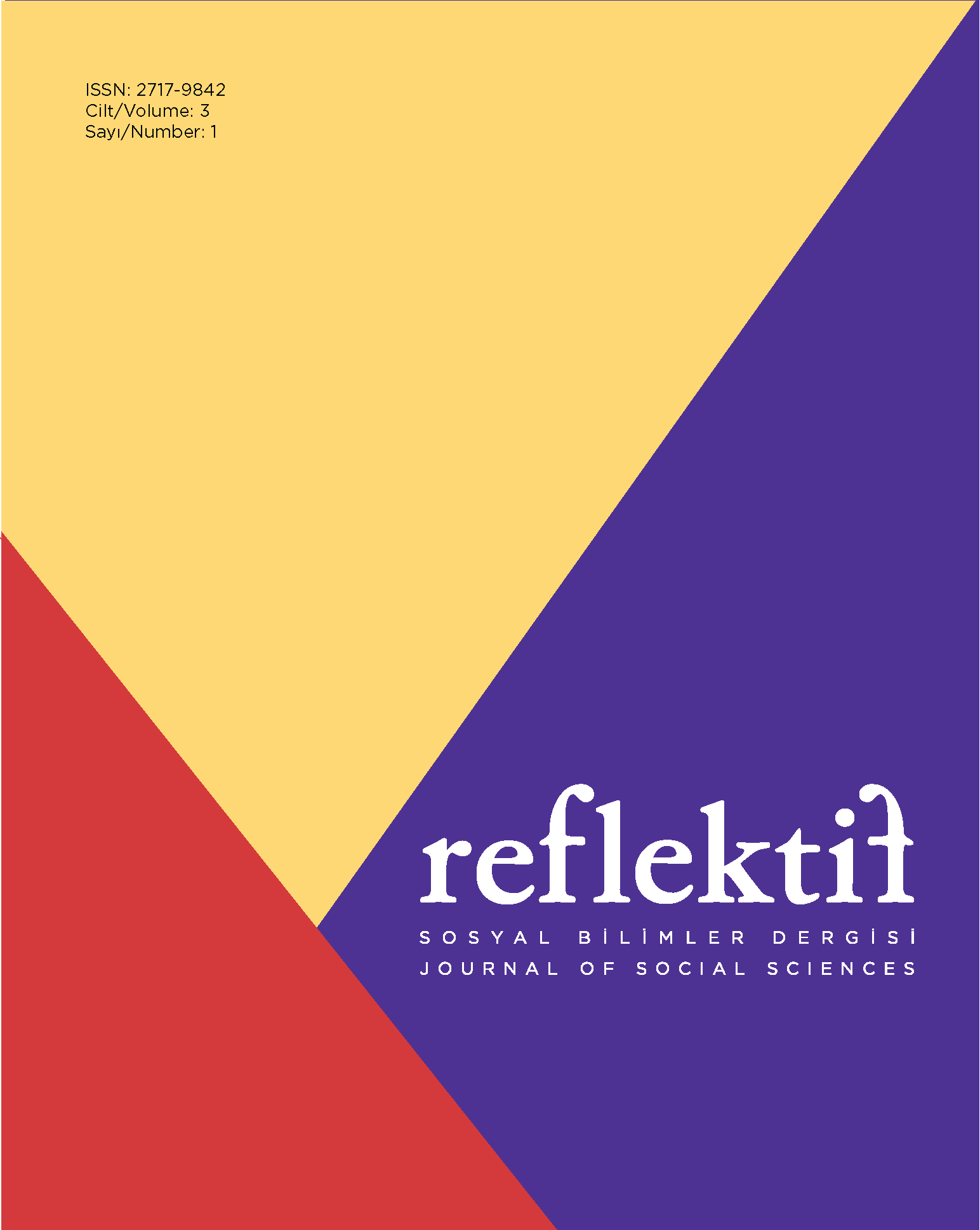The Ethical Limits of Our Search to Understand the Brain in the Light of Advances in Neurotechnology and Neuroethics
DOI:
https://doi.org/10.47613/reflektif.2022.60Keywords:
brain, neurotechnology and brain-machine interface, ethics, neuroscience, neuroimagingAbstract
At the turn of the 21st century, neuroscience has reached the point where it can have profound effects on society that extend far beyond the research lab or medical clinic. The dramatic advances in neuroscience, which have gained even greater momentum in recent years, are creating greater expectations than ever before for improvements in the health and well-being of people around the world. However, over time, it is seen that fulfilling this enormous promise brings with it other ethical concerns and concerns, such as what other undesirable situations will cause and at what cost. In contrast, until recently there was little awareness of the ethical issues arising from neuroscience. Beginning in 2002, neuroscientists began to cover these issues more in the scientific literature. In this article, besides the good and beneficial features of developing neurotechnology, it has been experimented a broad evaluation about the causes, forms and possible effects of neuroethical concerns that are increasing gradually.
In this article, besides the good and beneficial features of developing neurotechnology, it has been experimented a broad evaluation about the causes, forms and possible effects of neuroethical concerns that are increasing gradually.
Downloads
Published
How to Cite
Issue
Section
License
Copyright (c) 2022 Tugay Keçeci, Işın Çolak

This work is licensed under a Creative Commons Attribution-ShareAlike 4.0 International License.
All manuscripts which are submitted to the REFLEKTIF Journal of Social Sciences should not be published, accepted and submitted for publication elsewhere.
In case an article is accepted for publication it is allowed to combine the article with other researches, to conduct a new research on the article or to make different arrangements on condition that the same license is used including the commercial purpose.
As an author of an article published in REFLEKTIF Journal of Social Sciences you retain the copyright of your article and you are free to reproduce and disseminate your work.




